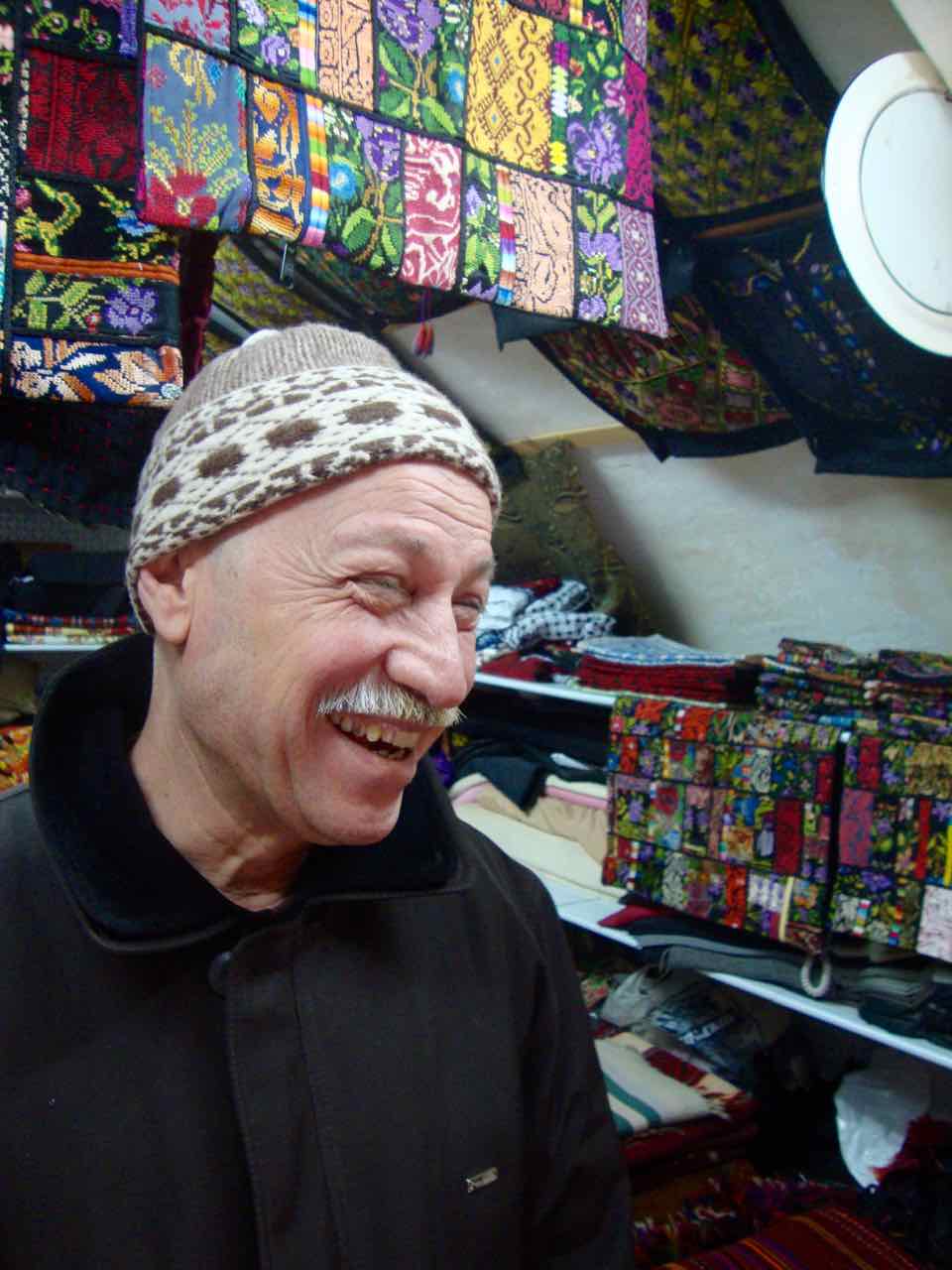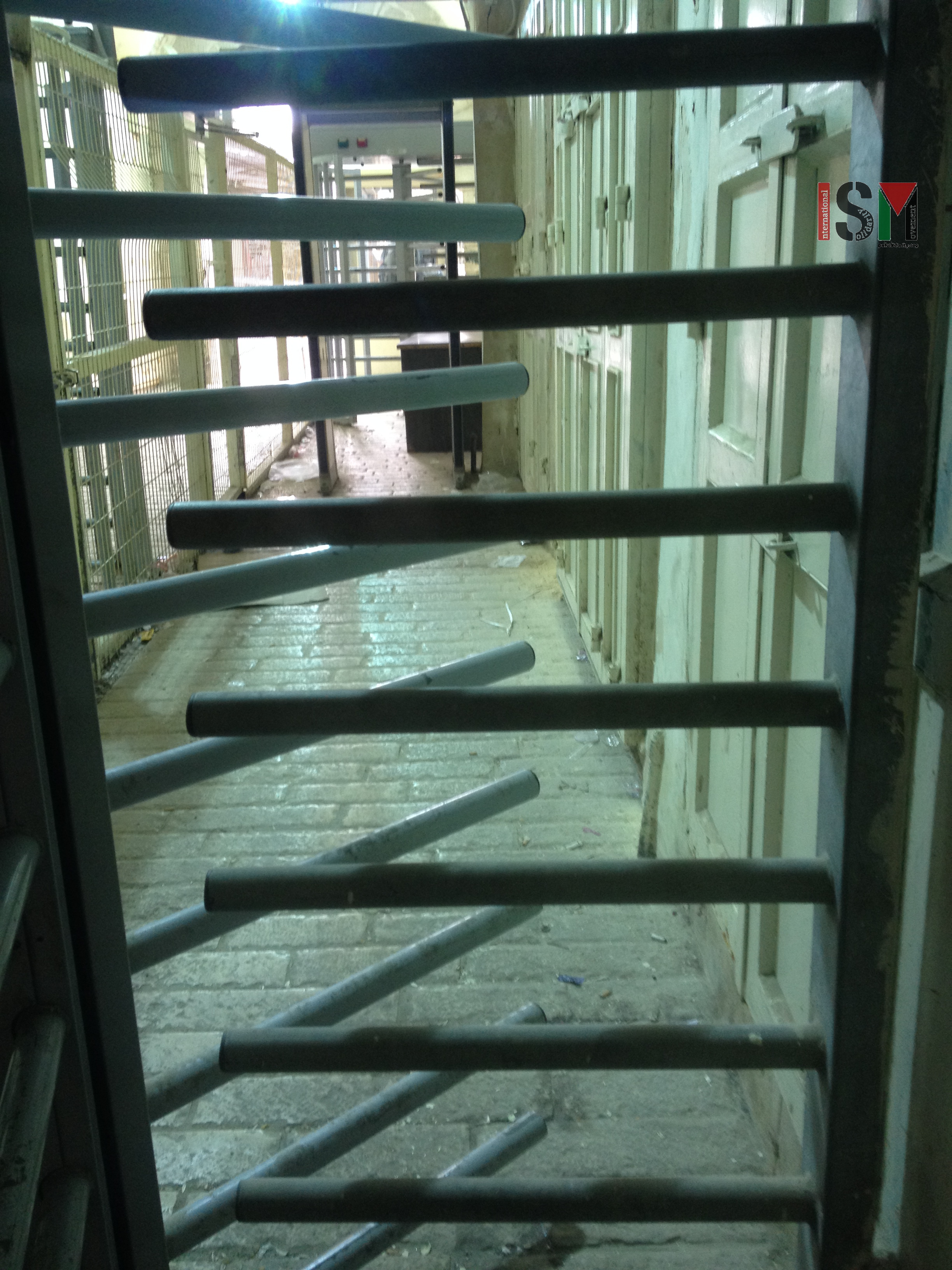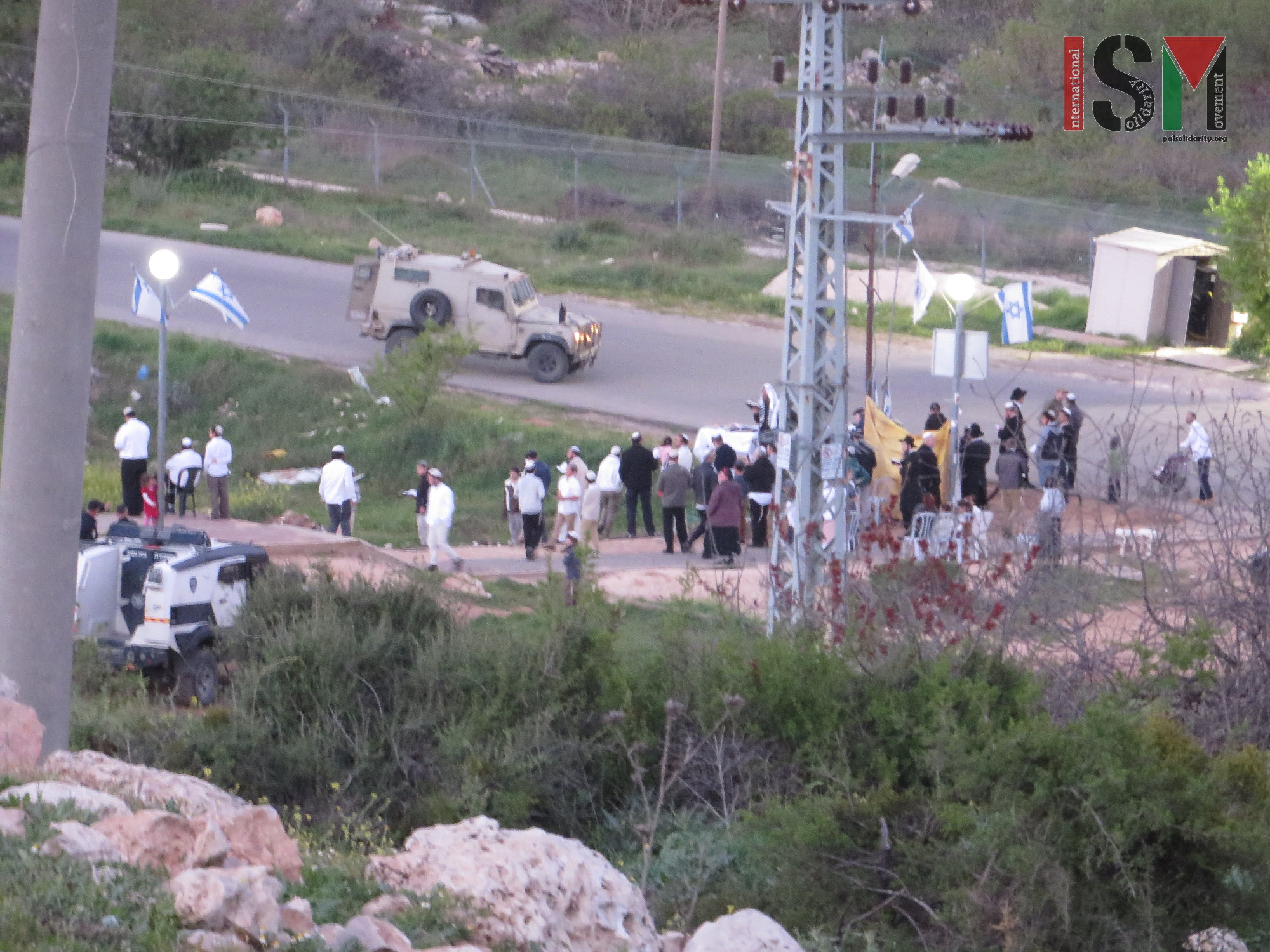Category: Hebron
-
Jamal, steadfastness and a death
21st March 2016 | International Solidarity Movement, al-Khalil team | Ni’lin, occupied Palestine Jamal is younger than I am but he doesn’t look it. He is always there, as are all the storekeepers in the souk and he always greets us, as does nearly everybody (walking down the souk when it is open can be…
-
Checkpoint harassment – everyday ‘normality’?
17th March 2016 | International Solidarity Movement, al-Khalil team | Hebron, occupied Palestine Occupied al-Khalil (Hebron) is a city of far too many checkpoints. Operated by heavily armed Israeli forces, they create obstacles that all Palestinians must cross in order to go about their daily lives in al-Khalil: to go to school or work, to…
-
Continuous struggle for justice in occupied Hebron
15th March 2016 | International Solidarity Movement, al-Khalil team | Hebron, occupied Palestine On 9th March 2016, Israeli forces yet again demolished the illegally erected synagogue-tent on private Palestinian land close to the illegal Israeli settlement of Kiryat Arba in occupied al-Khalil (Hebron). The synagogue-tent was build up by settlers some years ago opposite the…



